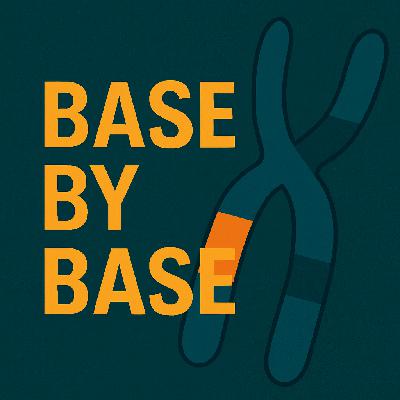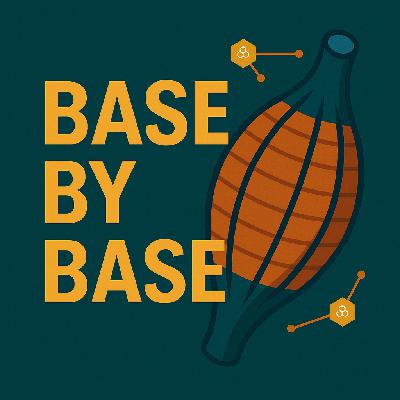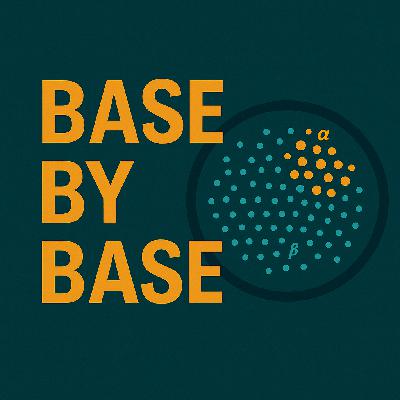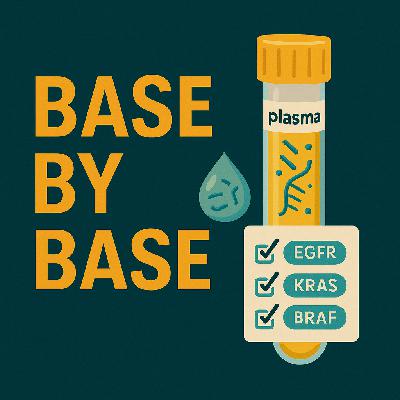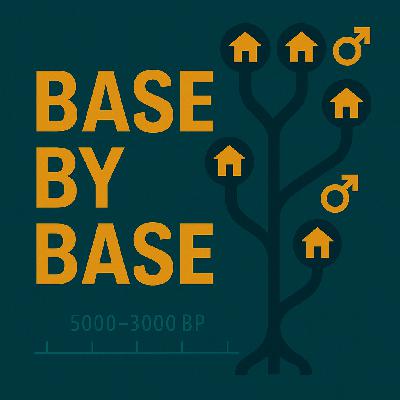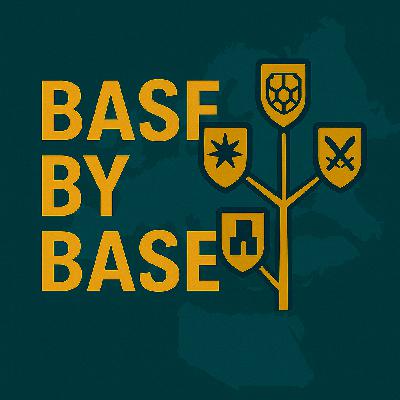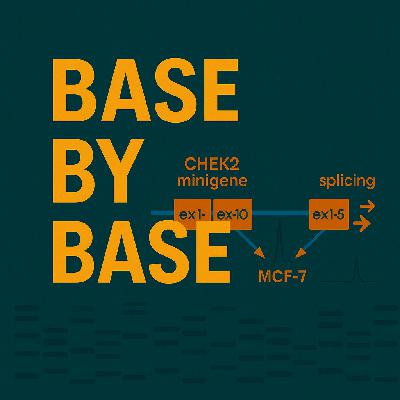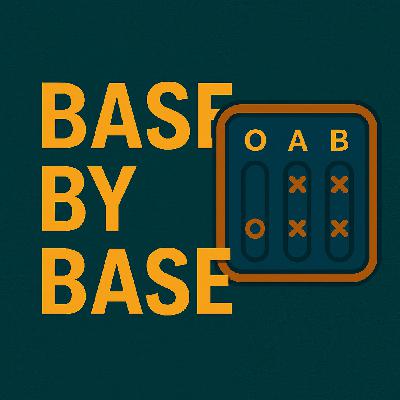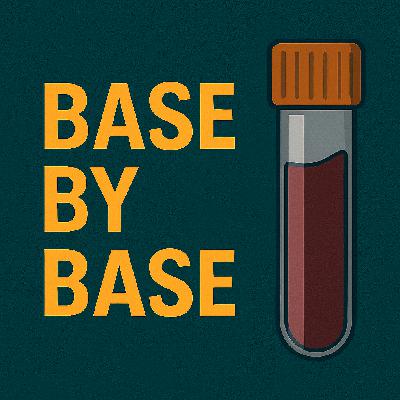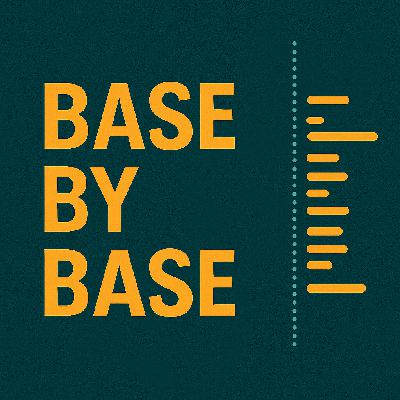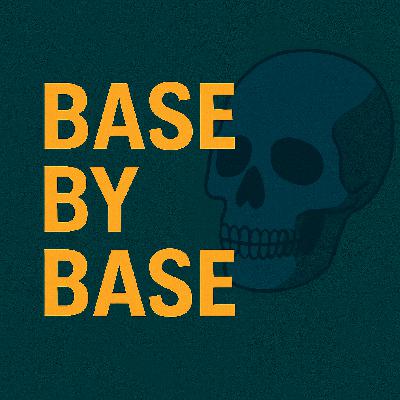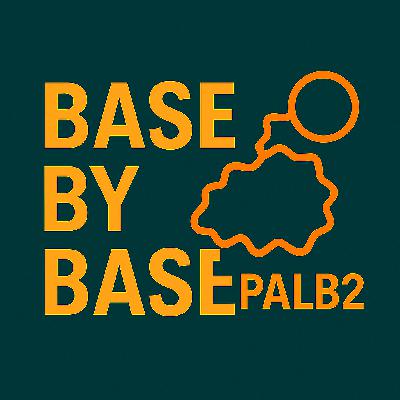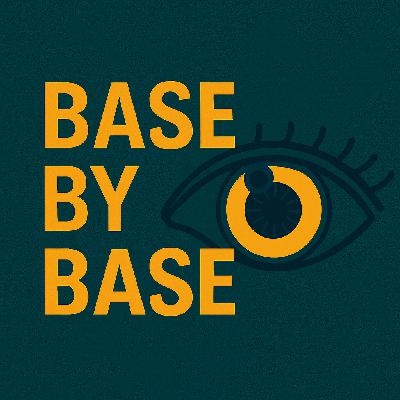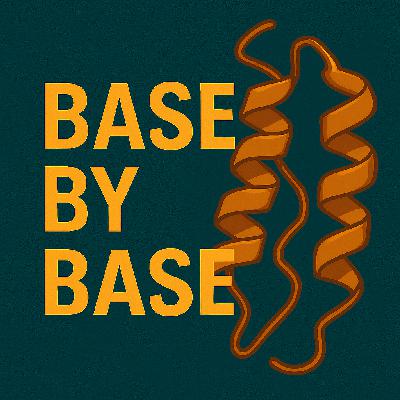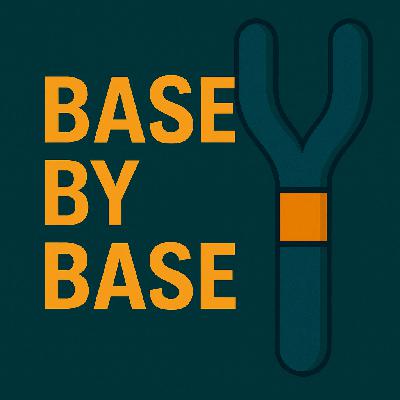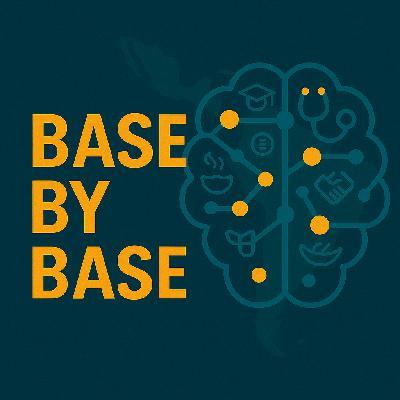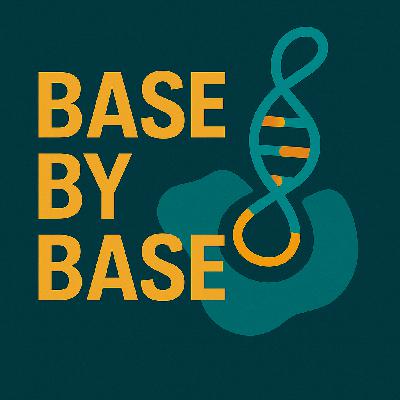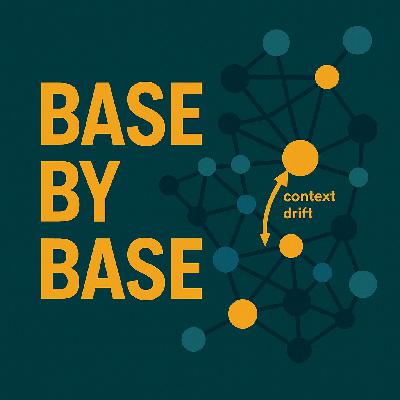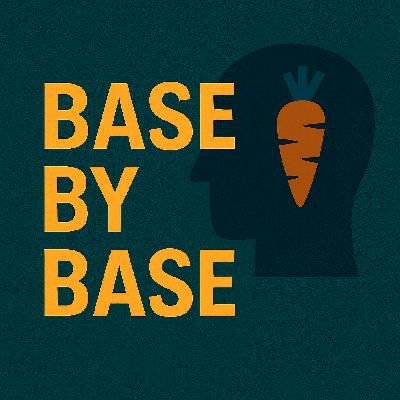144: Revised time estimation of the ancestral human chromosome 2 fusion
Description
️ Episode 144: Revised time estimation of the ancestral human chromosome 2 fusion
In this episode of PaperCast Base by Base, we explore a study that revisits one of the most defining events in human evolution: the fusion that gave rise to chromosome 2. This work refines previous estimates and provides a clearer timeline for when this pivotal genomic change occurred.
Study Highlights:
The authors developed an improved algorithm to analyze biased clustered substitutions, allowing more precise dating of genomic events. By comparing the genomes of humans with those of chimpanzees and bonobos, they estimated that the chromosome 2 fusion took place around 0.9 million years ago, with a confidence interval of 0.4 to 1.5 million years. Their findings suggest that this chromosomal event happened more recently than earlier studies had proposed, and the results also provide insights into evolutionary distances among great apes. The approach highlights how computational methods can refine our understanding of human speciation and the genetic divergence from our closest relatives.
Conclusion:
This study provides a sharper view of when the human chromosome 2 fusion occurred, offering new insights into the timing of our evolutionary history.
Reference:
Poszewiecka B, Gogolewski K, Stankiewicz P, Gambin A. Revised time estimation of the ancestral human chromosome 2 fusion. BMC Genomics. 2022;23:61 6. https://doi.org/10.1186/s12864-022-08828-7
License:
This episode is based on an open-access article published under the Creative Commons Attribution 4.0 International License (CC BY 4.0) – https://creativecommons.org/licenses/by/4.0/
Support:
If you'd like to support Base by Base, you can make a one-time or monthly donation here: https://basebybase.castos.com/

